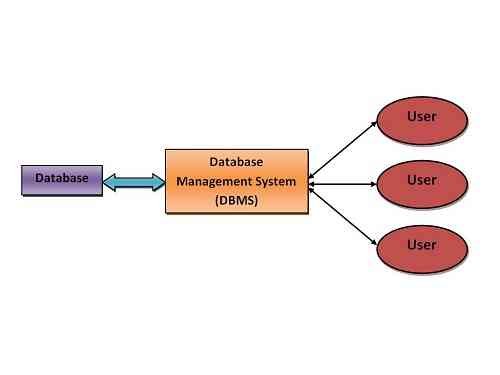In the era of technology, a cloud computing has emerged as a game-changing innovation. Cloud computing revolutionized the way of delivery of computing services including servers, storage, databases, networking, software, analytics, and intelligence all over the internet. It is the best way of storage, processed and accessed data and efficient means of managing the digital resources.
What is Cloud Computing?
Cloud computing is an on-demand access of computer system resources such as data storage and computing power without direct active management by the user. Cloud computing is the delivery of computing services including servers, storage, databases, networking, software, analytics, and intelligence over the internet, often referred to as “the cloud” to provide the faster innovation, flexible resources, and economies of scale.
Instead of using personal computers or local servers, you can use remote data centers to access cloud computing services maintained by cloud service providers. Rather than creating own cloud infrastructure, companies can rent the cloud computing services from cloud service providers. The benefits of using cloud services is to reduce the expenses of maintaining own IT infrastructure and it is flexible, cost-effective, and efficient.
Benefits of Cloud Computing:
Cloud computing is one of the revolutionized innovations which change the traditional way businesses think about IT resources. Cloud computing offers a wide range of benefits that have transformed the way individuals and businesses manage their IT resources. Here are some of the benefits and advantages of cloud computing services are as follows,
Cost Efficiency: Cloud computing reduces the cost of companies’ investment for maintaining own data centers and hardware’s. Cloud computing allows businesses to pay only for the resources they use on a pay-as-you-go basis.
Global Scalability: Cloud computing services are highly scalable, allowing organizations to quickly and easily adjust their computing resources to accommodate changing workloads.
Reliability and Availability: Cloud service providers often operate multiple data centers with redundant systems to provide high availability and data reliability to the businesses.
Accessibility: Cloud computing services enables users to access their data, applications, and services from anywhere in the world through an internet connection.
Security: Cloud computing service providers offer a broad set of policies, technologies, and controls that strengthen your overall security, helping you to protect your data, apps, and infrastructure from potential threats.
Data Backup and Recovery: Cloud computing services provides automatic data backup and recovery features. If you lose your data, you can easily restore backup copies from the database.
Collaboration and Productivity: Cloud-based collaboration tools and office suites, such as Google Workspace and Microsoft 365, enhance teamwork. Cloud computing removes the need for many of these tasks, so IT teams can spend time on achieving more important business goals.
Performance: Cloud computing services run on a worldwide network of secure datacenters, which are regularly upgraded to the latest generation of fast and efficient computing hardware.
Types of Cloud Services:
Cloud computing offers various types of services that complete different needs of companies. Here are some of the main cloud-based services are as follows,
Infrastructure as a Service (IaaS):
IaaS provides the foundational infrastructure, including virtualized computing resources, networking and storage. A user can deploy their applications while the cloud services provider handles the hardware.
Platform as a Service (PaaS):
PaaS offers services in which a platform that includes operating systems, development tools, and runtime environments for building, deploying and testing of applications.
Software as a Service (SaaS):
SaaS delivers fully developed software applications over the internet. Users can access these applications by using a web browser and helps users to eliminate the need of installing an application.
Applications of Cloud Computing:
Cloud computing is used in various types of applications including,
Web Hosting: Cloud computing is used widely for hosting of websites and web applications on cloud servers ensuring performance, reliability and scalability.
Data Storage and Backup: Cloud storage is one of the most used application of cloud-based services. You can easily store your data and access from anywhere. Cloud storage solutions, like Dropbox and Google Drive, provide secure data storage.
Business Operations: Cloud-based productivity tools are widely used by businesses and corporate offices such as Microsoft 365 and Google Workspace to enhance their work, collaboration and communication.
Development and Testing: Cloud resources facilitate software development and testing, enabling developers to access a variety of environments and tools.
Cloud computing has potential and makes the way easy to interact with technology. It has made advanced computing resources accessible to a broader audience and has transformed the way businesses operate.



